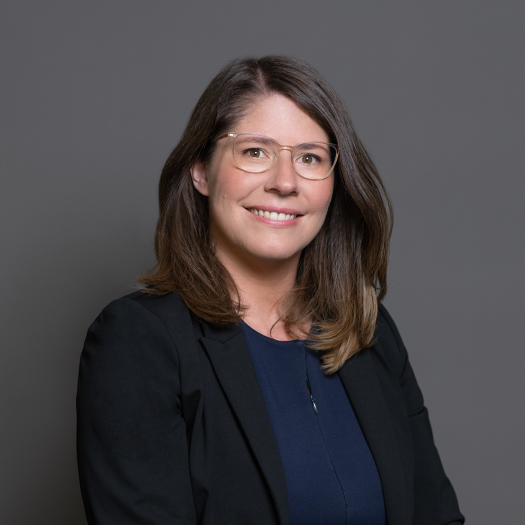ZEW Hosts Fifth International Conference on the Dynamics of Entrepreneurship
ConferencesFocus on Diverse Topics of Start-Up and Business Dynamics Research
On 12 and 13 October 2023, the ZEW Research Unit “Economics of Innovation and Industrial Dynamics”, in collaboration with the Mannheim Centre for Competition and Innovation (MaCCI), hosted the fifth international conference on the “Dynamics of Entrepreneurship” (CoDE) in Mannheim. A total of 39 international scholars presented and discussed their latest research findings. Three international keynote speakers and four panellists provided exciting insights. The conference, organised under the guidance of Professor Hanna Hottenrott, is among the most important academic gatherings in the fields of entrepreneurship and business dynamics. This is evident from the submission of over 120 scientific papers and the registration of around 90 participants for this year’s edition.
Across 14 sessions, a wide range of topics was covered, including studies on the dynamics and performance of start-ups, financing for young companies, regional aspects of entrepreneurship, and innovation activities. During breaks between sessions and at the conference dinner, researchers had the opportunity to exchange thoughts on their ongoing research projects.
Keynotes on open source, privatisation in East German federal states, economic support for young companies, and demographic change
On the first day of the conference, Annamaria Conti, associate professor at the IE Business School in Madrid, delivered a keynote on the significance of open-source platforms for innovation. She presented her analysis of the open-source platform GitHub, where software developers can share their code. Interestingly, financial incentives through a scholarship programme for developers did not lead to an increase in produced code or more innovative contributions.
Ufuk Akçiğit, professor at the University of Chicago and research department head at IW Halle, gave the second keynote of the conference. He discussed the impact of the Treuhand Agency’s privatisation efforts on companies in East German federal states post-German reunification. The loss of a significant number of jobs posed a major societal and political challenge at the time. Therefore, the Treuhand Agency began awarding potential investors only if they committed to maintaining a defined minimum number of jobs for a certain period. Professor Akçiğit argued that these rules led to higher employment and productivity growth, but increased the probability of firm exit due to lower profitability.
On the second day of the conference, Flora Bellone, professor at Université Côte d’Azur, spoke on the topic of “Born Globals”. Using France as an example, she explained the extent to which economic support reaches companies that internationalise very early on. Professor Bellone found that young international companies are generally less likely to benefit from economic support. However, the results also showed that young international companies have an equally high probability of benefiting from specific project- and innovation-related support measures as more conventional companies that never or only much later internationalise.
In the final keynote of the conference, Benjamin Pugsley, professor at the University of Notre Dame, discussed the connection between demographic change and falling start-up numbers. He began by explaining a theoretical model, which he tested empirically, and came to the conclusion that around half of the decline in entrepreneurial activity can be attributed to demographic factors.
Another conference highlight was a panel discussion featuring perspectives from politics, business, and research, examining how policy could best support high-growth start-ups. Professor Javier Miranda (IWH Halle) presented the decline in entrepreneurial dynamics in the USA and large parts of Europe. Daniel De Monte (founder of WEMONTE) shared his own experiences and challenges in starting a business. Chiara Criscuolo (OECD) and Dr. Johannes Velling (Ministry of Economic Affairs NRW) provided interesting insights into the challenges of designing support programmes for young companies.
At the end of the second conference day, participants gathered for informal discussions, and a guided tour of Heidelberg concluded the event.







